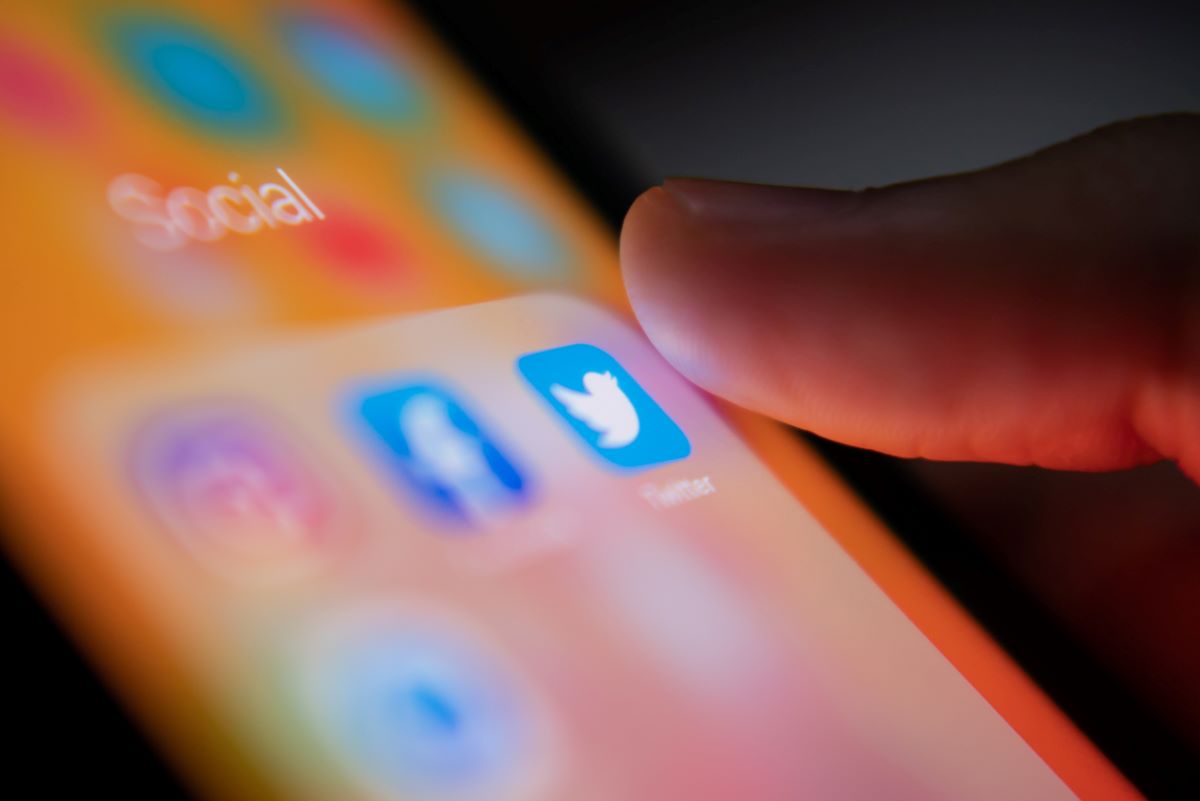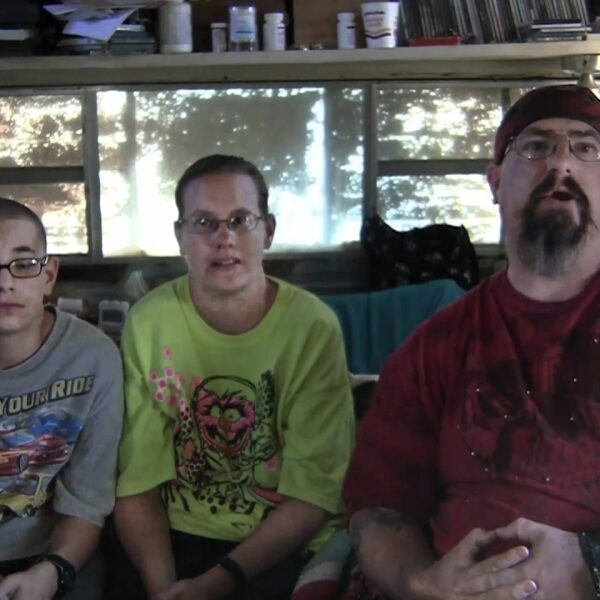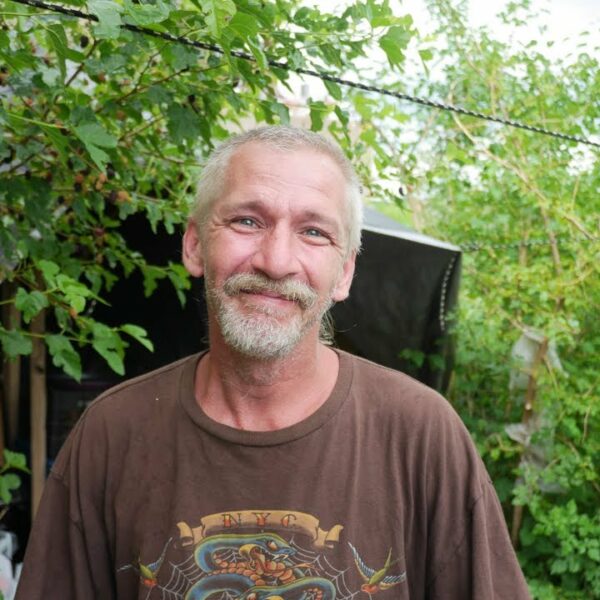This is part two in a series regarding the potential changes at Twitter and the impact those changes will have on homeless people. Part one of this series talks more about those changes.
Carlos Wadkins is the Human Rights Organizer at the Coalition Against Homelessness in San Francisco. I recently spoke with him about the importance of Twitter and the potential issues linked with changes proposed around Musk’s takeover. In regards to fundraising and awareness, Mr. Wadkins pointed out how useful Twitter has been to his work with the Coalition:
“Twitter has been a really effective way of getting our stories out. Often by using Twitter, we’ve been able to get the attention of traditional media, who otherwise would be less likely to cover us. It’s also been really effective for fundraising, with projects like the St. James Tent Drive raising a lot of money from Twitter as well as other social media platforms.”
Elon Musk has proposed charging a $2/month subscription fee for commercial Twitter users. While $24 is tiny to a multi-billionaire like Musk, it is a lot of money for nonprofits. The fee could force users to leave the service, which will dismantle their access to support and a platform for their voice. It will also reduce awareness and fundraising efforts.
In short, this change will create an echo chamber of the wealthy and privileged, while marginalized voices will further lose amplification and exposure.
TJ Johnston, Editor of Street Sheet, San Francisco, pointed out that any subscription fee would be “financially prohibitive” for many. TJ was concerned about the reduced audience for tweets harming advocacy and activism that focuses on homelessness issues. He has already noticed a sharp drop in followers on his official account.
Musk tweeted (then deleted) a comment saying he wanted to “authenticate all real humans.”
To get a blue tick, Twitter currently requires a link to an official website that users are affiliated with, an official email address, or government-issued identification. It is possible that Musk will stop short of requiring ID but could require users to use their real names. Other possible methods include requiring a linked credit card or relying on increasingly difficult CAPTCHAs to foil the bots.
Women fleeing domestic violence, political activists, and undocumented people rely on anonymity to be on Twitter. I know I do. It would be so easy for my abuser to find me if I used my name on my account. Authentication is not an option for me. A Twitter account is not worth my life. I will not trade my safety for a regulation blue tick.
Mr. Wadkins also highlighted his concerns with enhanced authentication:
“I think being unhoused already makes it really hard to use a platform like Twitter for so many reasons. Adding any additional barriers will only make it worse. Folks often post anonymously to talk about their experiences without fearing in-person harassment and danger. If they couldn’t do that, speaking out on here as a homeless person could be very dangerous, especially for abuse survivors.”
I can only hope that Musk will realize that people wealthy and privileged enough to pay for Twitter, who are not concerned with losing their anonymity or providing identification, do not need their voices amplified. This is especially true for NIMBYs who want to confirm their superiority and demonize homeless people.
What Twitter will lose are the small and stoic voices of those who put the plight of unhoused people into perspective. These voices offer a reality check for those who otherwise blame unhoused people for their suffering and demand useless sweeps, so they don’t have to face the suffering of others.
Unhoused people and their advocates will lose their place in the forum. They will lose their seat at the table, their chance to talk to people who can change things. Without Twitter access, it will become increasingly difficult to reach policymakers.
It is not just the USA that will suffer. The entire world uses Twitter to exchange ideas. Charging a fee will reduce Twitter to an echo chamber for the privileged and the right-wing.
By implementing paid subscriptions and authentication, Twitter will prevent equal access to the platform and, in turn, free speech. It will also remove a valuable source of support for unhoused people – their links with each other.
I suppose most people count wealth as the money they have access to. But for me, and many formerly homeless people, we count our wealth in the friends and allies we make, the forged connections, and the support we give each other. It is wicked to take that away from people who already have nothing.
“I think my greatest concern is that if a lot of folks leave or are kicked off of Twitter, it will really impact vulnerable folks’ ability to crowdfund or whistle blow issues they see,” Wadkins said. “Twitter is a space where folks have been able to raise a lot of money to support themselves, and it would be really hard to replace that function.”
Perhaps this is a period when the masses gained a greater voice thanks to social media. The internet can give power to people. For now, that remains a relatively open resource worldwide.













